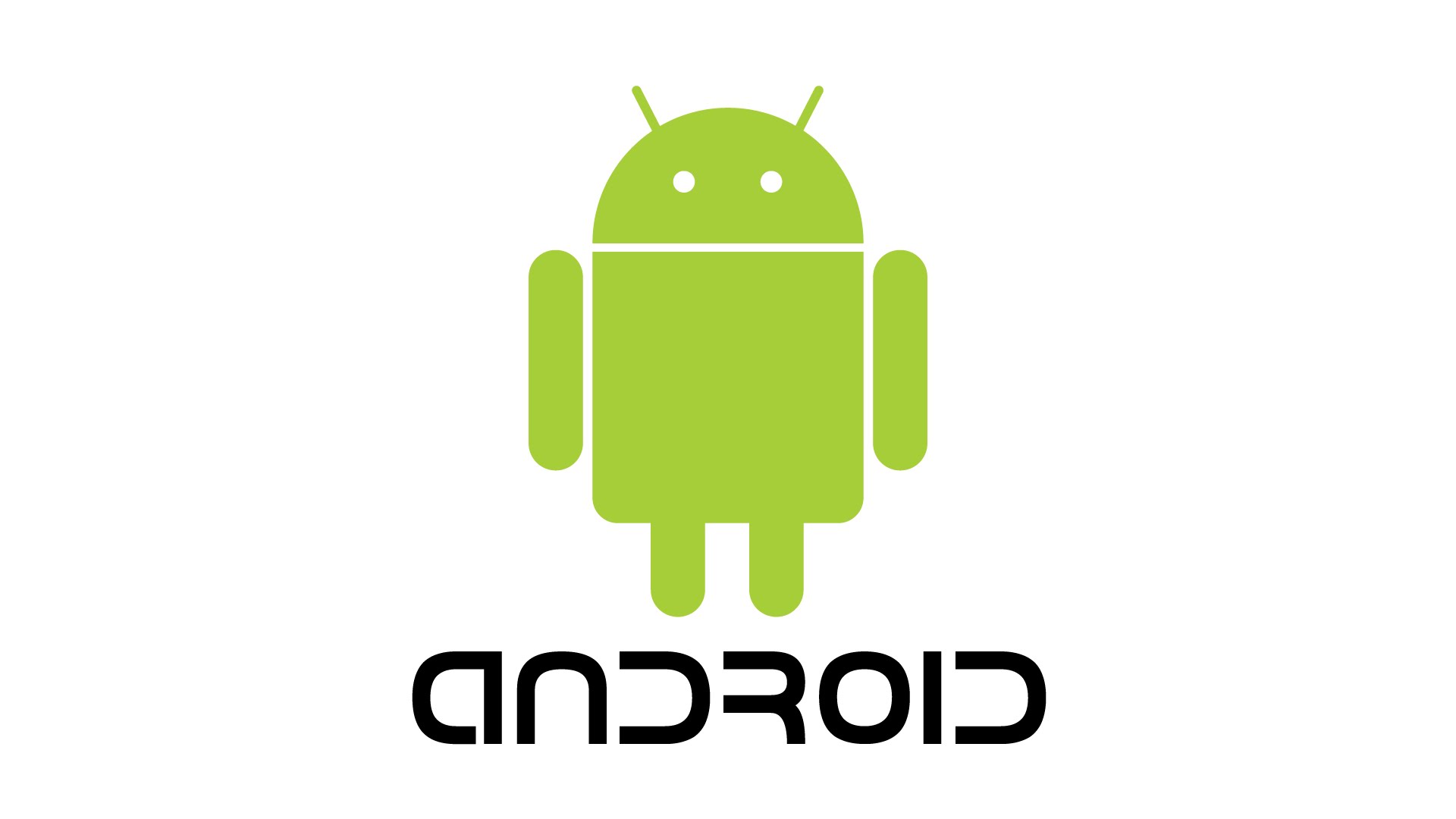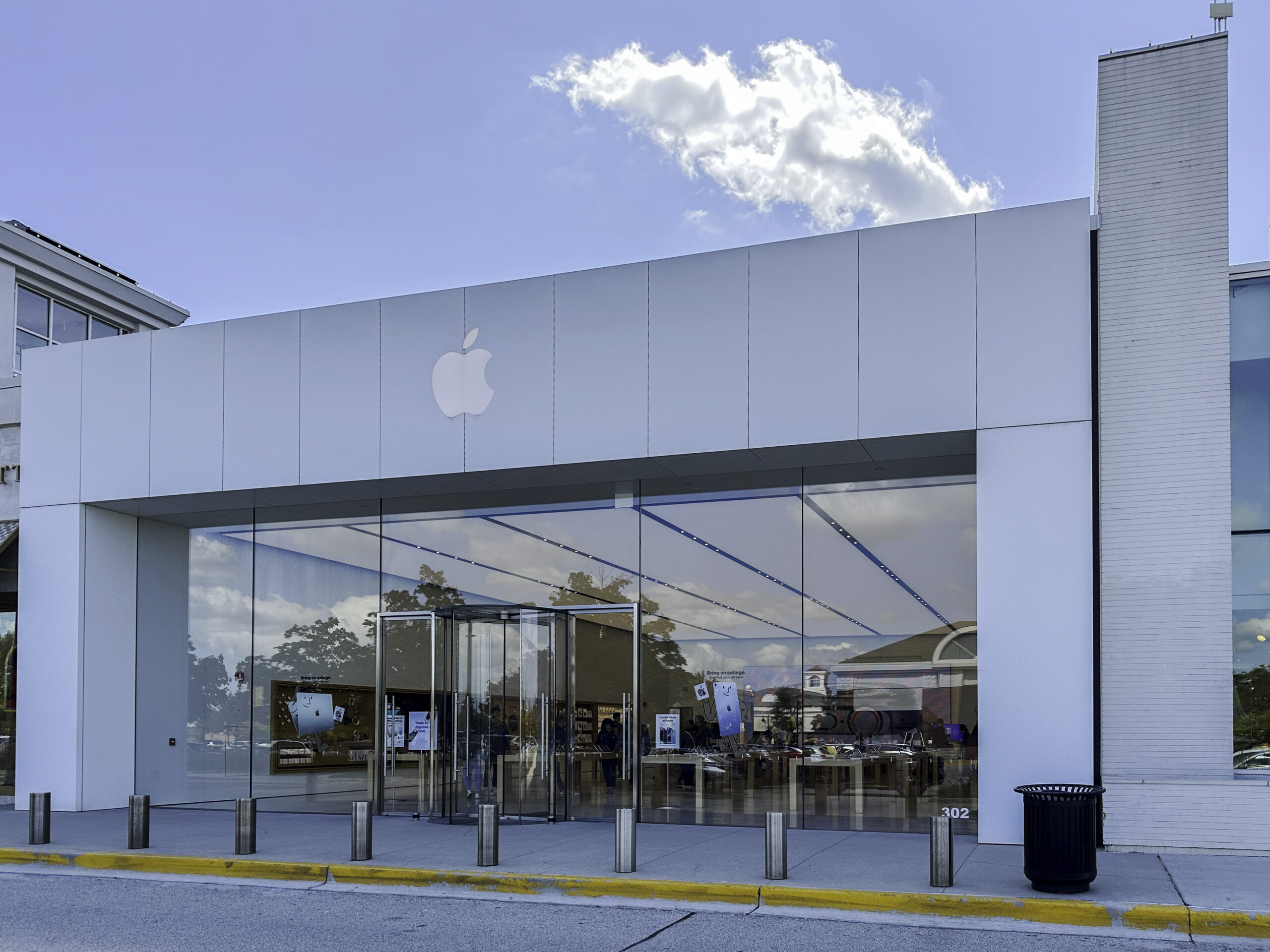Android App Distribution Agreements Do Not Foreclose Competition

The head of European Commission’s competition enforcement division, Margrethe Vestager, made news yesterday when she commented on the European Commission’s investigation of Android. At a conference in Amsterdam, she stated:
Our concern is that by requiring phone makers and operators to pre-load a set of Google apps, rather than letting them decide for themselves which apps to load, Google might have cut off one of the main ways that new apps can reach customers.
Unfortunately, as we have discussed before here on DisCo (see here and here), this is a mischaracterization of Google’s app distribution agreements. Not only are there sound reasons for Google to encourage the distribution of the entire suite of apps, but the agreements do nothing to prevent manufacturers or mobile carriers from pre-installing their own apps, and they certainly do not prevent consumers from easily downloading and configuring their phones with whatever apps they desire after they acquire the phone. (Although some commenters have referenced similarities to the EU’s successful case against Microsoft, both the behavior that has been discussed in relation to Android and the dynamics of the modern mobile marketplace are worlds apart from late 1990s operating system market and the accusations leveled at Microsoft.)
Contrary to Vestager’s assertion, there is no exclusivity in Android app distribution agreements. The agreements merely stipulate that mobile carriers cannot pick and choose which apps in Google’s suite of offerings they offer pre-installed. Either the whole suite, or nothing. Although this may sound like a curious choice, it makes a lot of sense. Android is an open source operating system. Unlike proprietary competitors, like Apple’s iOS, Google cannot exert the same amount of control over Android offerings. However, distributing a suite of applications together, means that Android users get a pre-installed baseline user experience. It helps solve a problem with the open source distribution model, which has plagued other open source platforms like Unix: fragmentation and consistency across different implementations. As economist David Evans has pointed out, these type of agreements are necessary platform governance mechanisms that try to balance competing interests on their platform. In fact, platform governance rules that help provide some consistency as an open source platform evolves and grows allow open source operating systems “to compete against rivals that have a proprietary model in which the platform owner has complete control.” For an open source platform like Android, encouraging a standardized “out of the box” set of functionality is beneficial to users and application developers. And of course it helps the operating system to compete against its main competitor, Apple’s iOS, that comes with a plethora of pre-installed apps. Even if mobile operators might want to only pre-install their proprietary apps and not competing apps, consumers and app developers are harmed without some baseline consistency across Android implementations. That is particularly important for third party apps that rely on a key set of apps to provide full user experience. For example, a third party app may want to rely on another mapping or browser app installed on an Android phone. (And, it’s important to not forget, if mobile carriers and hardware manufacturers really don’t want to pre-install the Google mobile suite on Android phones, they don’t have to.)
Furthermore, because the Google suite of apps only take up a very small percentage of the average phone’s storage capacity, the vast majority of the storage space on the average smartphone is available for other competing apps. And, since there is no exclusivity, hardware manufacturers and mobile carriers can pre-install apps of their choosing as well. In fact, they usually do load up their phones with a lot of preinstalled apps. As such, Commissioner Vestager’s comments are confusing. The only thing that mobile operators and hardware manufacturers cannot do is use some of Google’s apps and not others. These agreements actually spur consumer choice and competition, as Dan has discussed before in relation to his former phone:
Take my phone, for example. I have a Sprint Galaxy S4 made by Samsung. It not only came preloaded with Google’s mobile apps, which include Google’s App Store and content solution (Google Play), but it also came with “Samsung Hub” and “Sprint Music” and “Sprint TV & Movies.” Sprint’s “Discover It” widget (which features more prominently than Google’s search widget) on my phone also has an icon for direct access to Amazon and Amazon’s digital music store (not to mention that it came preloaded with Scout, Telenav’s Navigation competitor to Google Maps). I have no less than 3 separate, pre-installed choices of where I am going to buy my apps, movies, music, games and other mobile content from, which is far more competitive than other mobile platforms – notably iOS, Windows Phone or Blackberry. Isn’t a multitude of options the very definition of competition?
Instead of preventing these types of agreements, competition enforcers should be cheering them. They ensure consumers have more options, not less. Consumers get a wider set of pre-installed choices, and consumers get to choose which apps they use, not the mobile carrier or the hardware manufacturer. And, when taking into account how easy it is for users to install apps and configure their device however they choose, competition among different apps (even ones that are not pre-installed) is in no way foreclosed.
Curiously, as a remedy in its case against Microsoft, the European Commission actually required Microsoft, which distributed Windows with only Internet Explorer and not competitors like Firefox, to offer users the choice of multiple browsers during the Windows installation process (the so called “browser ballot”). Now the Commission is discussing taking action against Google on the grounds that providing users with more pre-installed choices, not less, is actually a problem.








